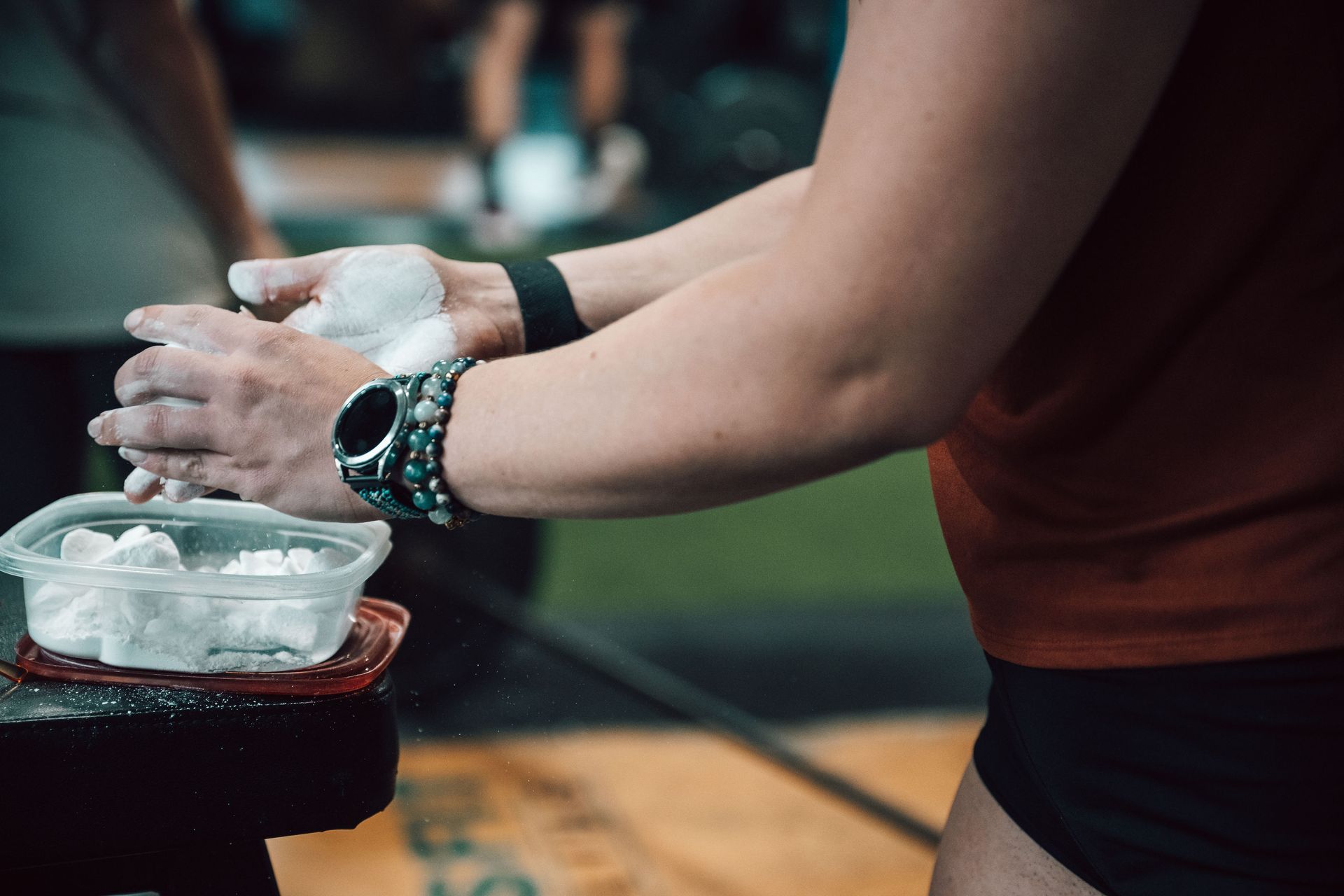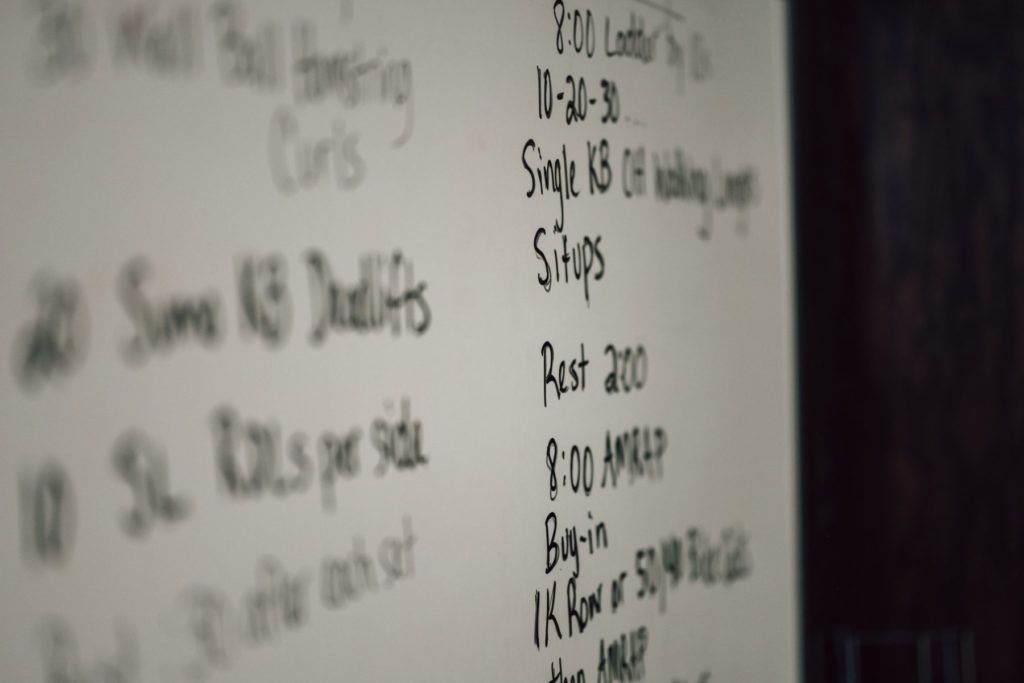Let Go of the Rest.
Mike Ratnofsky • April 10, 2025
Everything Else Is Noise
Hey C2 family,
You walk in tired.
Missed a lift.
Things at work are sideways.
Your body's dragging.
Here’s the truth:
- You don’t control how you feel.
- You don’t control how heavy the bar feels.
- You don’t control how life stacks up outside the gym.
But you do control this:
- That you showed up
- How you warm up
- The way you breathe under fatigue
- Your attitude when it doesn’t go your way
The Code Is Simple:
Don’t waste energy on what you can’t move.
Double down on what you can.
Why It Works (And What Science Says):
- People who focus on controllables — effort, attitude, actions — show better long-term performance and lower stress response (Beilock & Carr, 2001)
- An internal locus of control leads to higher resilience, consistency, and self-respect (Rotter, 1966)
- Control-trained athletes experience better focus and recovery, especially in unpredictable settings (Nicholls et al., 2021)
What This Looks Like At C2:
- You’re not “feeling it” that day. Good. You still move.
- Missed a lift? Good. Now we know where to rebuild.
- Off your game? Good. Now you slow it down and focus on your breath, your mechanics, your intent.
You don’t get stronger by controlling
everything.
You get stronger by controlling
yourself.
How to Build It:
- Start with one thing you control this week.
Pick your sleep, hydration, prep time, warm-up — anything. Own it. - Pause before you react.
Missed the mark? Good. Now what? - Double down on the habit.
One thing done well all week is stronger than five half-efforts. - Say this out loud when you need it:
“I don’t control the outcome. I control how I show up.”
Your Challenge This Week:
- Write down one controllable you’re locking in
- Stick to it, no matter what life throws
- See how much quieter everything else becomes when you focus on what’s yours
Not training with us yet?
You don’t need to control everything.
You just need to start.
See you in class.
Onward and Upward
— Mike
Sources:
- Rotter, J.B. (1966). Generalized expectancies for internal versus external control of reinforcement. Psychological Monographs.
- Nicholls, A.R., et al. (2021). The effects of coping strategies on performance in sport: A meta-analysis. Frontiers in Psychology.
- Beilock, S.L., & Carr, T.H. (2001). On the fragility of skilled performance. Journal of Experimental Psychology.

Progress Over Perfection: Why Consistency Wins
At C2, we believe the strongest athletes aren’t the ones who never miss a workout — they’re the ones who keep showing up, even when life gets messy. In this post, Mike breaks down why small, steady actions are scientifically proven to outperform short bursts of perfection. Plus, get this week’s challenge, easy tracking tips, and a free trial offer if you’re ready to start your own onward and upward journey.
Progress isn’t about being perfect. It’s about building momentum.
Read the full post now and take your next step forward.



